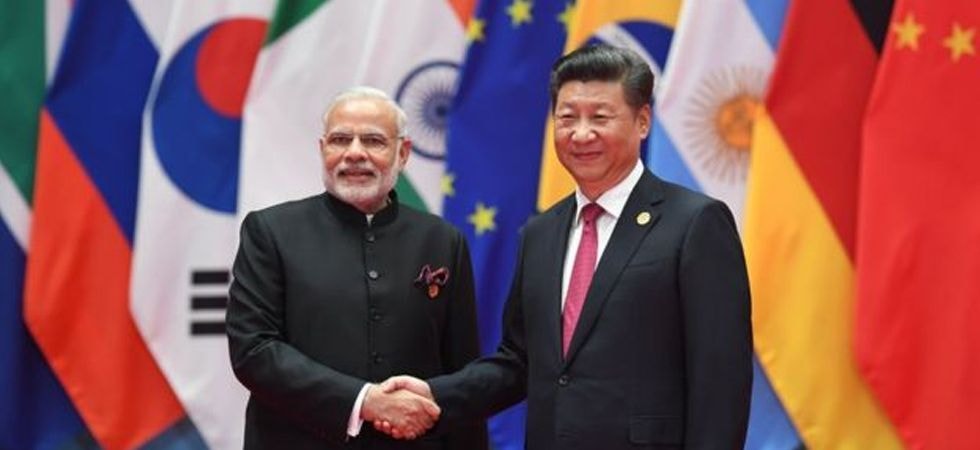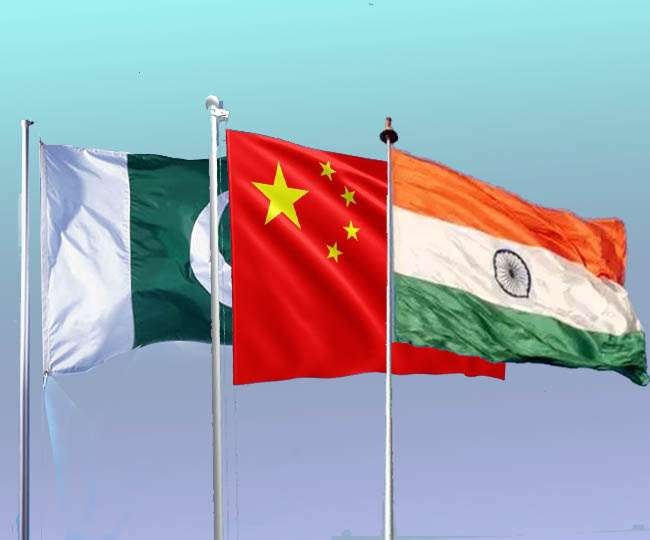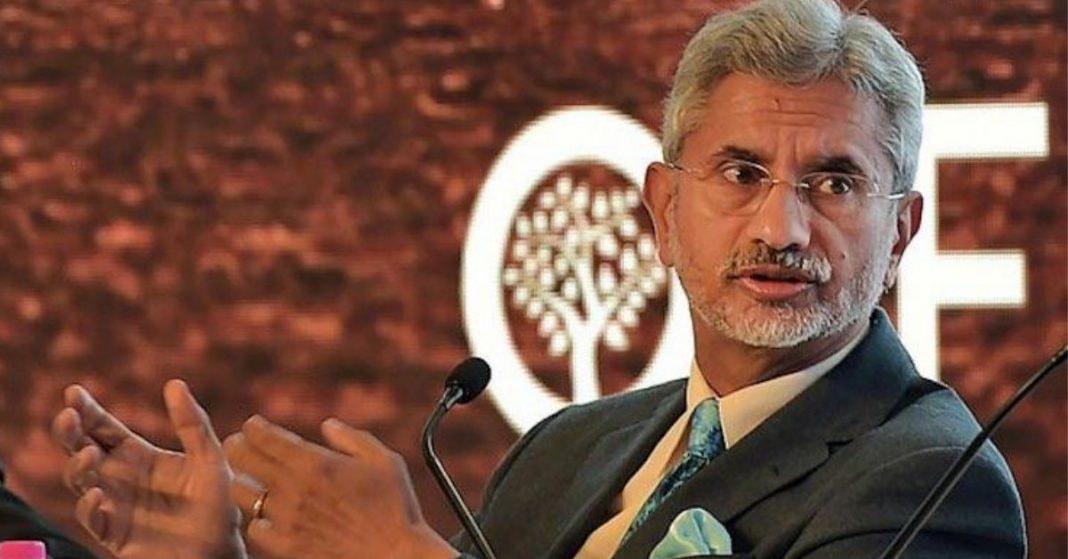Indian Foreign Minister Visits China: Will the Two 'Giants' Become 'Situational Partners'?
(Baonghean) - Indian Foreign Minister Subramanyam Jaishankar is on a three-day visit to China, starting from August 11. This is Mr. Subramanyam's first visit to China as Foreign Minister.
Taking place in the context of the China-India relationship heating up after the recent decision of the New Dheli government regarding the Kashmir region as well as recent trade tensions, this trip is a great diplomatic challenge in resolving tensions between the two sides!
 |
| Will China and India become “situational partners”? Photo: News Nation |
"The Story of 3 People"
One of the most important things that the Indian Foreign Minister brought to China this time was the Kashmir issue that has been heating up in recent days.
In fact, India's decision to end the special status of Kashmir and merge it with two Indian states has not only angered neighboring Pakistan.
This move immediately made China “unhappy”. Simply put, Beijing has asserted control over about a fifth of the disputed Kashmir region, including the Aksai Chin plateau - which Beijing seized during the 1962 border war with India.
Therefore, in recent days, while Pakistan downgraded relations and temporarily suspended all trade transactions with India, China also strongly criticized New Delhi's move.
Beijing also did not hesitate to declare its support for Pakistan “in safeguarding its legitimate rights and interests; and will also support Pakistan for justice.”
 |
The trio of China - India - Pakistan has many predestined relationships. Photo: Representation Image |
The latest developments are continuing to cast a shadow over Sino-Indian relations, since the Doklam border clash in 2017.
Despite some moves by both sides to build trust, India's latest decision has once again caused turmoil in bilateral relations.
Taking place in such a context, the visit to China by the Indian Foreign Minister is believed to aim at easing tensions between the two sides as well as preparing for the informal summit between Indian Prime Minister Narendra Modi and Chinese President Xi Jinping, scheduled to take place in India next October.
Therefore, another notable content of this visit is the second meeting of the India-China High Level Mechanism (HLM) on cultural and people-to-people exchanges.
This idea was originally initiated by both sides at the informal summit between the two countries' leaders in April 2018 in Wuhan last year.
Perhaps both sides hope that cultural, tourism, and sports cooperation will somewhat ease recent political tensions and territorial disputes.
On the other hand, New Dheli probably also wants to divide the third party, Pakistan, in the already complicated three-way relationship: China - India - Pakistan!
Many calculations
It must be affirmed that territorial sovereignty and border disputes have long been the biggest barrier between the two neighboring countries China and India.
In the new context, when both Beijing and New Delhi want to increase their influence and position in the region, many commentators say that these tensions will flare up at different times to create advantages for one side or another.
For example, the latest decision to remove Kashmir's special status, observers say, is not a coincidence that India made the decision at this time.
China is struggling to cope with the trade war with the US and many other regional calculations, so clearly keeping the controversial Kashmir border area peaceful will reduce one concern for the Beijing government.
Of course, India understands that very well, and wants to make the opponent “more confused”. Not only that, many sources of information also say that India may “ban” China’s Huawei like the US did.
India is on the one hand wary of the “Belt and Road” strategy involving China and Pakistan; on the other hand, it still needs to cooperate with Beijing because both are members of the Shanghai Cooperation Organization (SCO).
There are also opinions that it is very possible that having to deal with trade conflicts with the US will inadvertently bring China and India closer together.
 |
Foreign MinisterIndiaSubramanyam Jaishankarand a trip to China with many strategic goals. Photo: Metrosaga |
Up to now, while China has been taxed by the US on hundreds of billions of dollars worth of goods, India has also been taxed by its US ally, 25% on steel and 10% on aluminum.
In early June, India was also officially removed from the US's preferential tariff system. Therefore, it is not difficult to understand why recently, Chinese diplomatic officials have "offered" to join forces with India to jointly respond to the US in the trade war that has not yet cooled down.
Obviously, in a context where China seems to need India more than vice versa, Prime Minister Narendra Modi's government will know how to "take advantage of the situation" to increase pressure on other issues, such as the territorial border dispute with Pakistan.
Therefore, some people also believe that, in fact, recently, China did not want to "get involved" and interfere much in the territorial dispute between India and Pakistan, because it did not want tension with New Delhi.
This explains why, despite India sending nearly 80,000 soldiers to the Kashmir region in recent days, China has only stopped at warning and criticizing statements!
And it is no coincidence that Indian Foreign Minister Subramanyam's visit to China took place almost simultaneously with Pakistani Foreign Minister Shah Mahmood Qureshi's trip to Beijing.
Surely in the discussions and negotiations with the Pakistani Foreign Minister and the Indian Foreign Minister this time, his counterpart Wang Yi as well as Chinese officials will have to consider carefully, to both reassure ally Islamabad and not "make things worse" with "situational partner" New Dheli.
Especially in the context, US President Donald Trump seems to be ready for a hot currency war with China in the coming days./.


